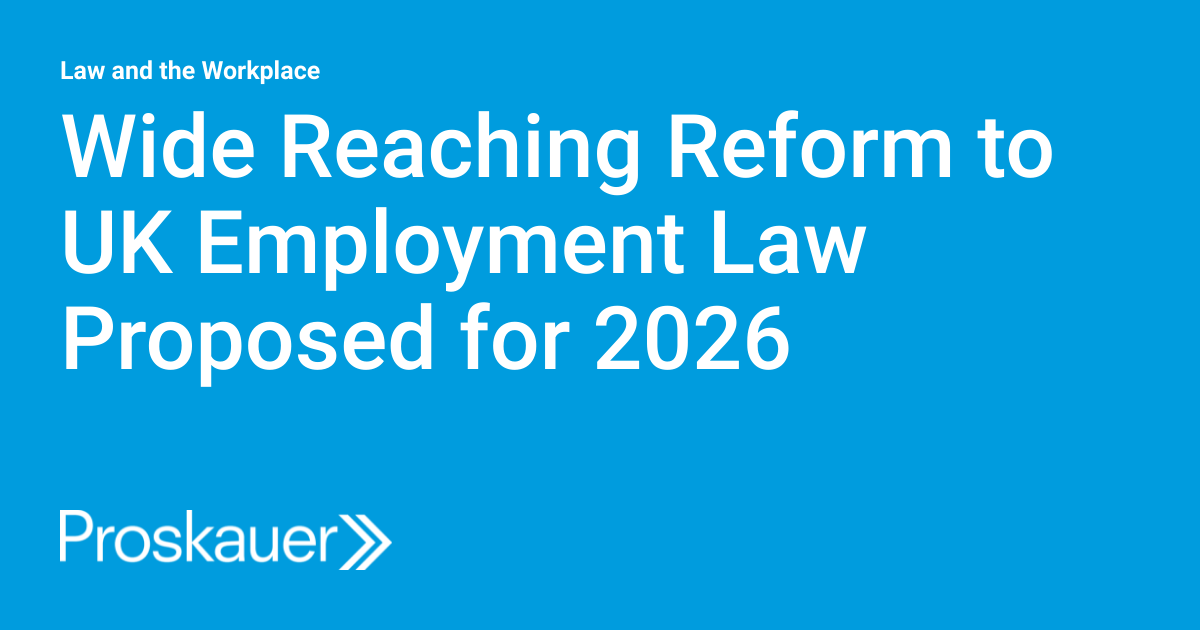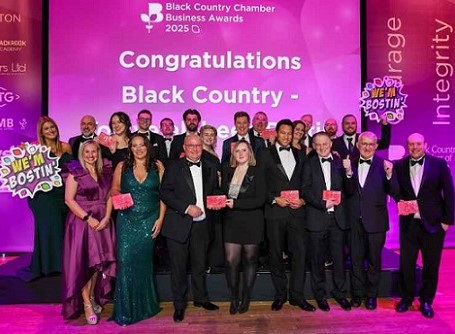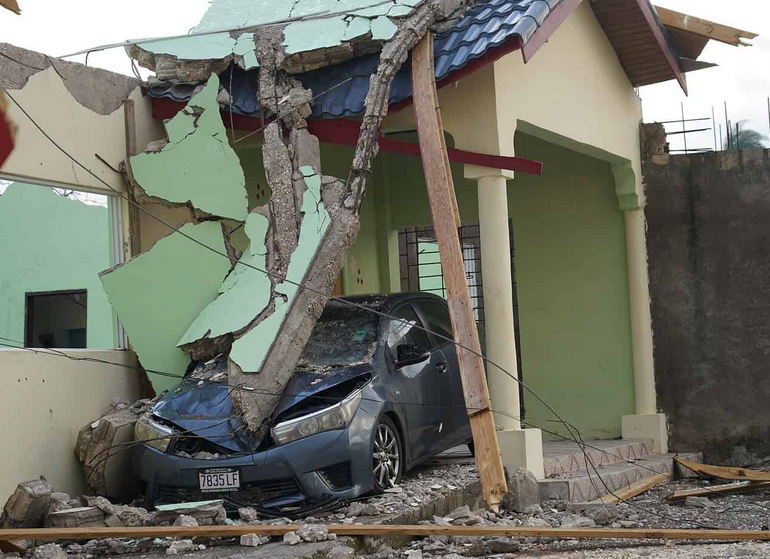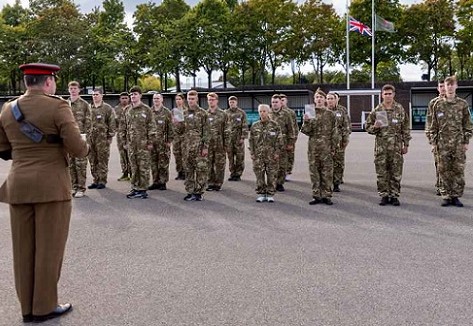Sandwell Council has been selected for a special Early Years support scheme to give children and young people at risk in the borough a better chance in life.
The council is delighted to have been chosen to participate in the Early Years Transformation Academy, along with four other local authorities.
The areas were chosen in a competitive process from councils across England who expressed interest in the Early Intervention Foundation programme, which works to improve the lives of children at risk of experiencing negative outcomes.
Under the scheme the council will be working with the academy to find solutions for children with problems and build a shared vision of what maternity and early years services should be like in Sandwell in the future.
The Foundation encourages early intervention to problems, identifying and providing effective early support to children and young people who are at risk of poor outcomes.
It believes that effective early intervention works to prevent problems occurring or to tackle them head-on when they do, before problems get worse.
It also helps to foster personal strengths and skills that can prepare a child for adult life by supporting children’s physical, cognitive, behavioural, social and emotional development.
Lisa McNally, director of public health in Sandwell, said: “Improving the health of children is fundamental to our Sandwell 2030 Vision.
“Aside from being important in its own right, good child health leads to better education and employment prospects, and so is crucial to the future success of our borough.
“We’re really pleased to be chosen to join the Early Years Transformation Academy. It will allow us to build on the good local practice already in place and be truly ambitious for our children’s health and well-being going forward.”
Donna Molloy, the Foundation’s director of policy and practice, said: “The early years are a crucial time for children’s development, when evidence based on early intervention can make a big difference.
“The academy is designed to bring local partners together, with time and space to understand the evidence on what works to improve outcomes for children, explore new approaches and consolidate their existing provision.”
















